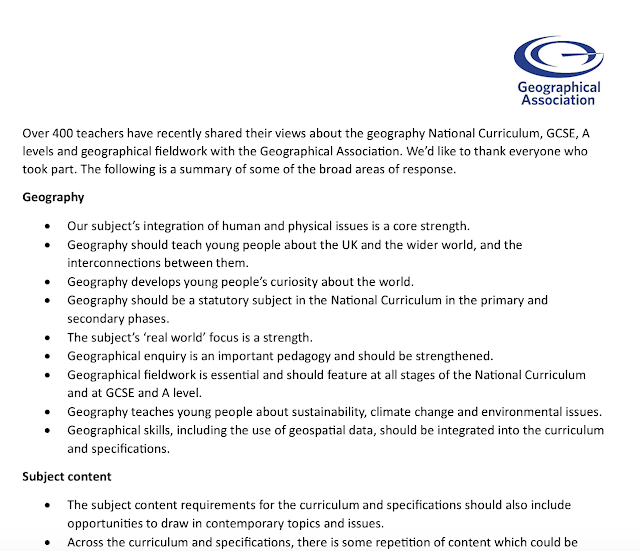Download the document here (PDF link)
This document references the work of Robert Ogilvie Buchanan and Robert Steel: two former GA Presidents.
They were involved in developing universities across the Commonwealth through the 1950s and 60s.
R.O. Buchanan was born in New Zealand and came to Britain in 1925 to study at the LSE, where he was later chair of geography. Buchanan was one of the founders of the Institute of British Geographers and, like Steel, served on several committees throughout his career including the Association of Commonwealth Universities, the Geographical Association and the British Association for the Advancement of Science. These connections, combined with the hierarchical and informal processes of academic appointments across Britain and the wider colonial world, put both in pivotal positions for hiring decisions in Nigeria and for geographers seeking to (re)join UK academia.
Steel regularly received requests for suggestions for appointments from contacts working in African universities.Many of those at Ibadan were appointed on recommendation: he was referee for Terry Coppock, visiting scholar at Ibadan 1964-1965, and advised Dick Hodder (lecturer at Ibadan 1956-1962) on how to make the necessary connections to apply. He was on the selection panel for the chair of geography and head of department role, appointing Michael Barbour to the position in 1962. Steel’s archives abound with informal letters reflecting the continuing value of ‘writing to friends’ in the appointments process across the former colonies in Africa, South East Asia and the Caribbean until the 1960s.
Source: Craggs, R., & Neate, H. (2019). Post-colonial careering and the discipline of geography: British geographers in Nigeria and the UK, 1945-1990. JOURNAL OF HISTORICAL GEOGRAPHY, 66, 31-42. https://doi.org/10.1016/j.jhg.2018.05.014
It was interesting to see that Buchanan was referenced....
Buchanan was a colourful character who refused to conform to the expectations of senior university administrators. According to his colleague Pugh, Buchanan ‘had a wide range of acquaintances in Ibadan Town … and never hesitated if he saw a party of drummers heading somewhere – he would follow …’. He would wear shirts ‘made from cloth from the local market with a pattern of rosebuds or Crown birds’. His lectures touched on issues of colonialism and development, and showed signs of the more radical critiques of his later scholarship. Eventually the UCI principal deemed that Buchanan’s clothing showed he was inappropriate for the job, leading to his departure in 1951 for LSE, then what was to become the University of Wellington in New Zealand.











































